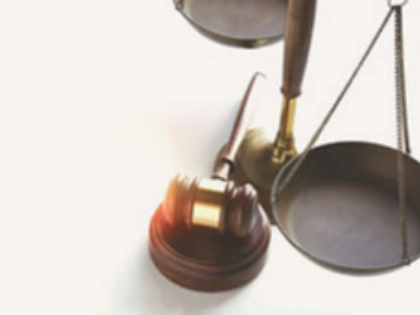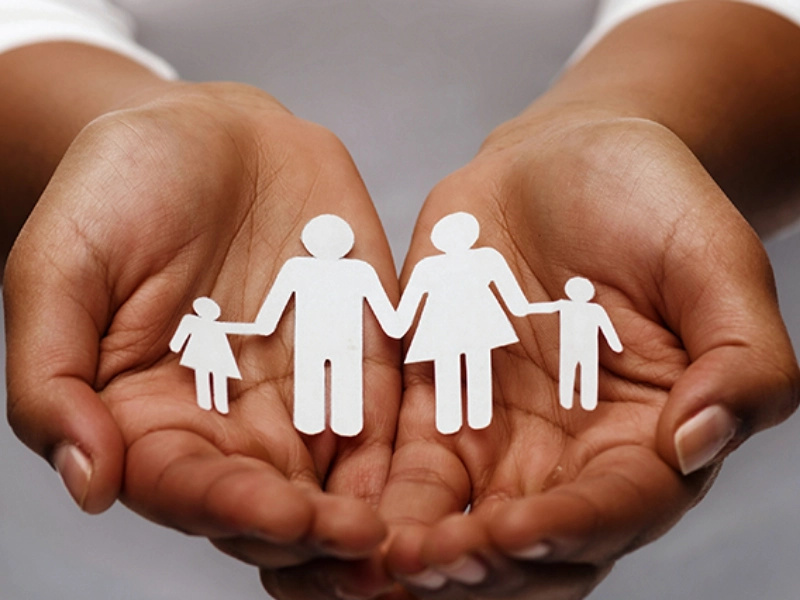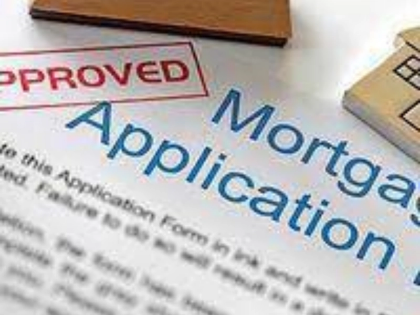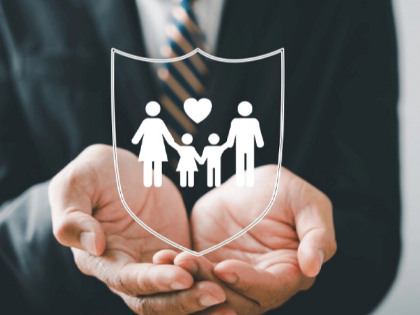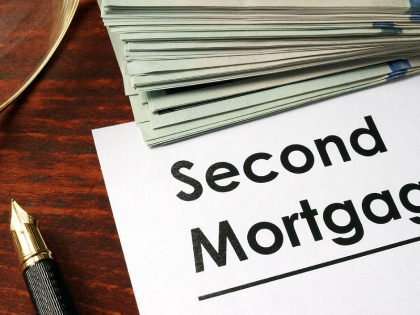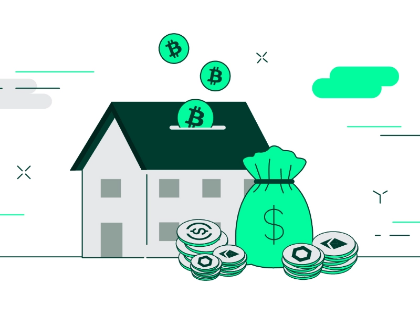Safeguard your passwords and online accounts.
It is difficult to spend more than a few days without learning about a significant data breach that has given hackers access to the private information of millions of individuals. While creating secure passwords is a first line of defense, there are additional technological tools at your disposal to further enhance your security. Hundreds of millions of passwords and usernames are stolen from the internet every year and sold on the Dark Web. Hackers can use these credentials to take over your account and perpetrate fraud.
Make your password strong.
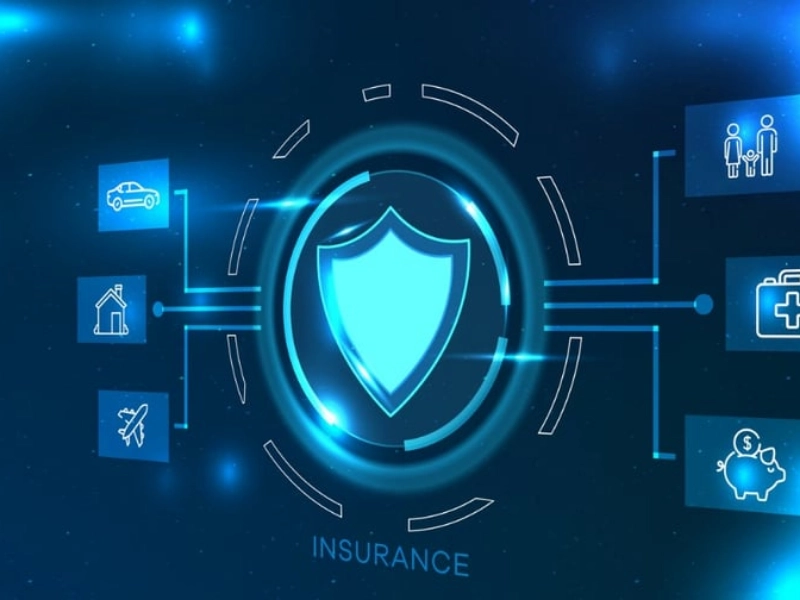 One of the strongest defenses against hackers for your online accounts and data is to use a strong password. However, far too many people continue to create passwords without adhering to cybersecurity best practices.
Hackers can more easily get through passwords that are too short or simple to figure out. Because of this, it's crucial to select a password that is at least 12 characters long and has a combination of special symbols, numbers, and upper- and lowercase letters.
Additionally, you should ensure that your passwords don't include any publicly accessible personal information from your social media accounts or other public accounts, including your name or birthday. Additionally, avoid using the same passwords for many accounts, as this increases the likelihood that all of your accounts could be compromised if one is. As an alternative, give each of your accounts a special password to ensure that if one is compromised, it won't spread to others.
One of the strongest defenses against hackers for your online accounts and data is to use a strong password. However, far too many people continue to create passwords without adhering to cybersecurity best practices.
Hackers can more easily get through passwords that are too short or simple to figure out. Because of this, it's crucial to select a password that is at least 12 characters long and has a combination of special symbols, numbers, and upper- and lowercase letters.
Additionally, you should ensure that your passwords don't include any publicly accessible personal information from your social media accounts or other public accounts, including your name or birthday. Additionally, avoid using the same passwords for many accounts, as this increases the likelihood that all of your accounts could be compromised if one is. As an alternative, give each of your accounts a special password to ensure that if one is compromised, it won't spread to others.
Make use of two-way authentication.
 Multi-factor authentication is essential for safeguarding online accounts. In addition to passwords, MFA verifies the identity of the account owner, adding an extra layer of security. Taking the extra precaution of requesting a second form of verification can help prevent unwanted access to accounts in a world where hacking assaults are getting more sophisticated.
MFA factors include things you possess (a token or device), something you know (passwords, PINs, security questions), and even things you are (fingerprints, facial scans). Even in the event that one factor is compromised, hackers are prevented from gaining unauthorized access to an account by employing several authentication mechanisms.
Most OS systems, apps, and service providers allow you to enable MFA. It's crucial to put security above convenience, even though some users might find the extra login requirements to be a minor annoyance. After all, if your password is successfully cracked, someone will gain access to private data and priceless items. Check out Okta's Adaptive Multi-Factor Authentication if you need to improve access security with a versatile, adjustable solution that pleases both your employees and consumers.
Multi-factor authentication is essential for safeguarding online accounts. In addition to passwords, MFA verifies the identity of the account owner, adding an extra layer of security. Taking the extra precaution of requesting a second form of verification can help prevent unwanted access to accounts in a world where hacking assaults are getting more sophisticated.
MFA factors include things you possess (a token or device), something you know (passwords, PINs, security questions), and even things you are (fingerprints, facial scans). Even in the event that one factor is compromised, hackers are prevented from gaining unauthorized access to an account by employing several authentication mechanisms.
Most OS systems, apps, and service providers allow you to enable MFA. It's crucial to put security above convenience, even though some users might find the extra login requirements to be a minor annoyance. After all, if your password is successfully cracked, someone will gain access to private data and priceless items. Check out Okta's Adaptive Multi-Factor Authentication if you need to improve access security with a versatile, adjustable solution that pleases both your employees and consumers.
Don't let your passwords get away.
 The first line of protection against illegal access to private information on the internet, including financial, medical, and other sensitive records and secret data, is the use of passwords. Creating secure, one-of-a-kind passwords for every account is essential to protecting your data. It is crucial that you never write down your password or reveal it to anybody, especially if you are using public Wi-Fi or at work. Utilizing accounts with multi-factor authentication is also advised in order to protect other accounts from compromise in the event of one being compromised.
It is easier for hackers to access your devices, finances, and personal information if you use the same password for all of your accounts. By keeping these pointers in mind and prioritizing cyber security, you may guard against costly thefts and stop unwanted access to your accounts. Being the victim of a cyberattack is significantly more inconvenient than having to utilize a password manager or other secure techniques to protect your information.
The first line of protection against illegal access to private information on the internet, including financial, medical, and other sensitive records and secret data, is the use of passwords. Creating secure, one-of-a-kind passwords for every account is essential to protecting your data. It is crucial that you never write down your password or reveal it to anybody, especially if you are using public Wi-Fi or at work. Utilizing accounts with multi-factor authentication is also advised in order to protect other accounts from compromise in the event of one being compromised.
It is easier for hackers to access your devices, finances, and personal information if you use the same password for all of your accounts. By keeping these pointers in mind and prioritizing cyber security, you may guard against costly thefts and stop unwanted access to your accounts. Being the victim of a cyberattack is significantly more inconvenient than having to utilize a password manager or other secure techniques to protect your information.
Frequently Change Your Passwords
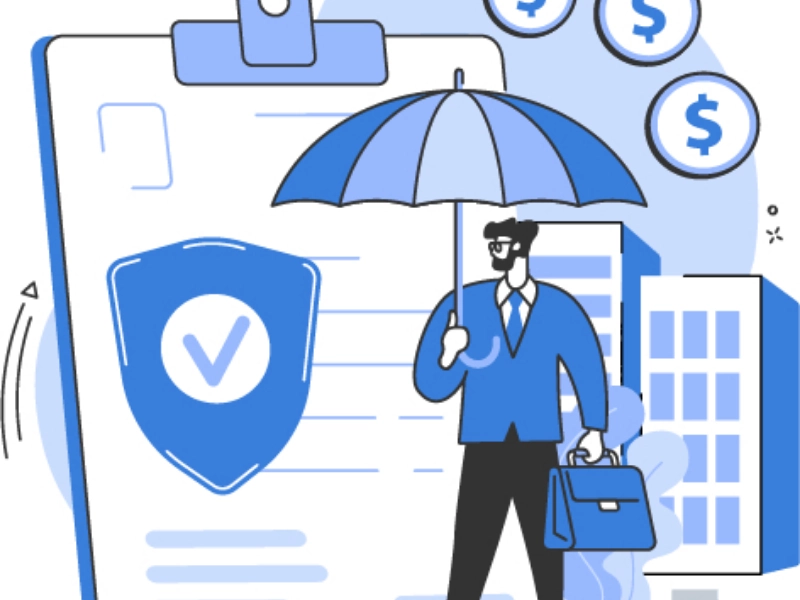 While it's not always possible, you can prevent hackers from accessing your account by using unique, strong codes on each account and turning on 2FA, which sends a code to your phone or email that you must enter in addition to your password. Regular password changes, occurring every three to six months, can gradually increase account security.
Your password and account may have been compromised if you see unusual activity on your accounts. This can be as easy as receiving alerts about attempted logins from unfamiliar devices or seeing bank charges that you did not make.
If you have any reason to believe that your credentials have been compromised, change them. This covers situations where your personal or professional accounts have been compromised, or when you have used an outdated password on a website that was compromised and the hacker gained access to your other credentials. It also indicates whether you have been using public Wi-Fi to log in or whether you have given a buddy access to your account.
While it's not always possible, you can prevent hackers from accessing your account by using unique, strong codes on each account and turning on 2FA, which sends a code to your phone or email that you must enter in addition to your password. Regular password changes, occurring every three to six months, can gradually increase account security.
Your password and account may have been compromised if you see unusual activity on your accounts. This can be as easy as receiving alerts about attempted logins from unfamiliar devices or seeing bank charges that you did not make.
If you have any reason to believe that your credentials have been compromised, change them. This covers situations where your personal or professional accounts have been compromised, or when you have used an outdated password on a website that was compromised and the hacker gained access to your other credentials. It also indicates whether you have been using public Wi-Fi to log in or whether you have given a buddy access to your account.

